Menopause is an inevitable stage in a woman's life and is accompanied by many physiological changes . Some of the most common symptoms include the "infamous" hot flashes, night sweats, weight gain, and mood swings.
But this period is also accompanied by significant changes in the health of your hair , which will tend to become finer and more fragile .
Menopause-specific food supplements can then be the solution to help you restore shine and vigor to your hair during this period .
In this article, we'll look at how menopause impacts the health of your hair, and which supplements to use during this period of hormonal transition.
And if you also want to know how to take care of your hair during menopause, don't hesitate to take our online diagnosis !
Understanding Menopause and Hair Health
Menopause is characterized by major hormonal changes that will have an impact on the health of your hair.
And, to understand how these hormonal fluctuations can disrupt the condition of your hair, let's first look at the hair growth cycle.
Reminder on the phases of hair growth
The natural hair growth cycle consists of three phases that follow one another and repeat one after the other. This is called the hair cycle .
First, there is the anagen phase , which is the active growth phase of the hair. During this phase, which lasts several years, the hair follicles produce new hair and the hair gradually grows .
Next comes the catagen phase, a regression phase where hair growth slows down and the hair follicle shrinks. This phase is short-lived (a few weeks) and marks the end of active hair growth .
Finally, the telogen phase is the resting phase where the hair stops growing and remains attached to the hair follicle. This phase lasts a few months and, at the end of it, the hair is ejected from the follicle to make way for a new hair in the anagen phase.

Modified image from Macrovector on Freepik
Hormonal changes and hair
During menopause, hormonal changes, particularly the decrease in the levels of estrogen and progesterone produced by the ovaries, will disrupt the growth cycle by modifying the duration of the phases of the cycle.
Indeed, estrogen promotes hair growth by prolonging the anagen phase of the hair cycle.
Its reduction during menopause can result in a shortening of the anagen phase , and lead to a reduction in the number of hairs in the growth phase . The proportion of hairs in the resting phase then becomes greater.
Additionally, hormonal fluctuations during menopause can also affect sebum production by the sebaceous glands in the scalp.
This is because estrogen prevents the stimulation of the sebaceous glands, thus regulating sebum production . When estrogen levels decrease during menopause, the inhibitory effect is reduced, which can lead to a disruption in sebum production.
Common hair problems associated with menopause
Menopause is therefore accompanied by common hair problems, due to the hormonal fluctuations encountered during this period.
Hair loss is one of the most common hair problems during menopause. As we've seen, it's the decrease in estrogen levels that disrupts the hair growth cycle and leads to an increase in the proportion of hairs in the shedding phase.
The hair then becomes less dense, finer and thinner.
The decrease in estrogen also impacts sebum production. The scalp becomes dry and irritated , which can cause itching and dandruff .
Finally, after menopause, the hair roots receive less oxygen and nutrients . The hair is therefore weakened and more sensitive to external aggressions (UV, pollution, etc.)
Fortunately, there are solutions to limit the impact of menopause on the health of your hair and better experience this transition, and that's what we're going to see right now!
Key Nutrients for Hair During Menopause
A good supply of nutrients is essential to keep your hair healthy.
And, since hair receives fewer nutrients during menopause, it is even more important to ensure an adequate intake of vitamins, minerals and essential fatty acids , in order to limit as much as possible the discomforts associated with this period.
Essential vitamins
Vitamins such as vitamin A, vitamin B, vitamin C, and vitamin E are essential for maintaining scalp health, promoting hair growth , and preventing hair loss during menopause.
In particular, they help to strengthen hair follicles and stimulate the production of keratin , which is the main protein in hair.
Important minerals
Minerals such as iron, zinc, copper and selenium are essential for maintaining a healthy scalp and promoting hair growth.
They help transport oxygen and nutrients to the hair follicles, which then create stronger, more resilient hair.
Essential fatty acids
Essential fatty acids such as omega-3 and omega-6 are essential for maintaining good hydration and reducing inflammation of the scalp , thus strengthening hair follicles.
A good intake of fatty acids will therefore allow you to strengthen your hair fibers during menopause.
Recommended supplements for menopause: Mindology supplements
Mindology is the first French herbal medicine brand entirely dedicated to the well-being of women during menopause , and offers natural and effective formulas for each upheaval linked to menopause.
There are more than 35 symptoms of menopause: insomnia, hot flashes, anxiety, hair loss, fatigue... Mindology treatments allow you to calm down naturally and effectively, thanks to the power of plants.
Discover in particular the Super Woman food supplement with saffron :
This dietary supplement contains a key ingredient: saffron, the most effective natural antidepressant for combating stress, fatigue and low morale. It is combined with anti-stress adaptogenic plants (ashwagandha, rhodiola), magnesium and vitamins .
Its formula will help you regulate your temperature against hot flashes and reduce uncomfortable night sweats.
And all of this will have a direct impact on the health of your hair! Reducing stress and improving the quality of your sleep will actually help reduce hair loss , and the vitamins and minerals in this food supplement will strengthen your hair, for less dull and less brittle hair.
Using food supplements: practical advice
Dosage and Use
It is important to follow the instructions on the supplement packaging and not exceed the recommended dose.
Also, results can vary from person to person , so it is important to be patient and consistent in using supplements to achieve the best possible results.
Lifestyle tips
In addition to taking dietary supplements, it is important to adopt a healthy lifestyle to maximize their effects.
A healthy, balanced diet rich in fruits, vegetables, proteins and fatty acids is essential during menopause to provide your body and hair with all the nutrients they need.
Incorporating foods containing phytoestrogens is also recommended to reduce the discomfort associated with this period. You can find them in particular in legumes and soy.
Finally, regular practice of sports sessions , such as yoga or Pilates for example, will be very useful in combating stress and mood swings, and thus promoting your health and that of your hair.
Conclusion
Menopause can be difficult to navigate because it brings about major changes in a woman's life , especially regarding the health of her hair. Hair loss, dryness, thinning hair ... are just some of the most common symptoms.
However, by understanding the nutritional needs of hair during this period and choosing the right food supplements , it is entirely possible to alleviate these symptoms and experience your menopause peacefully !
And, in addition to taking care of your hair from the inside out , we can help you take care of your hair from the outside during this time with our patented cleansing treatments .

To find out more, don't hesitate to take our online diagnosis!
Frequently Asked Questions
What are the best supplements for menopause?
To choose the right menopause supplements, it's important to look for ones that contain specific ingredients that target the symptoms associated with this hormonal transition. Saffron, for example, is very effective against stress, fatigue, and low mood.
What is the best natural treatment for menopause?
Red clover, flax seeds, clary sage oil, soybeans, spirulina, and saffron are often used to relieve stress, hot flashes, irritability, sleep disturbances, and other symptoms of menopause.
What is the best treatment for menopause without hormones?
Herbal supplements can be very helpful in alleviating the symptoms of menopause without hormones.
What dietary supplements should you take from the age of 50?
To support your overall health and reduce the risk of certain age-related conditions, consider the following dietary supplements:
-
Calcium and vitamin D are essential for bone health, especially as we age and the risk of osteoporosis increases.
-
B vitamins , especially vitamin B12, are important for maintaining a healthy nervous system, supporting energy production, and regulating metabolism.
-
Vitamin C will help reduce fatigue and strengthen your immune system.
-
Magnesium helps reduce the risk of osteoporosis and improve sleep quality.
Sources
Alonso L, Fuchs E. The hair cycle. J Cell Sci. 2006;119:391–393. [ PubMed ] [ Google Scholar ]
Bernard BA. The revealed life of the human hair follicle. Med Sci (Paris) 2006;22:138–143. [ MedSci ]
Grymowicz M, Rudnicka E, Podfigurna A, Napierala P, Smolarczyk R, Smolarczyk K, and Meczekalski B. Hormonal Effects on Hair Follicles, Int J Mol Sci . 2020 Aug; 21(15): 5342. [ PubMed ]
Chaikittisilp, S. Prevalence of female pattern hair loss in postmenopausal women: a cross-sectional study. Menopause. Feb. 14, 2022. [ PubMed ]
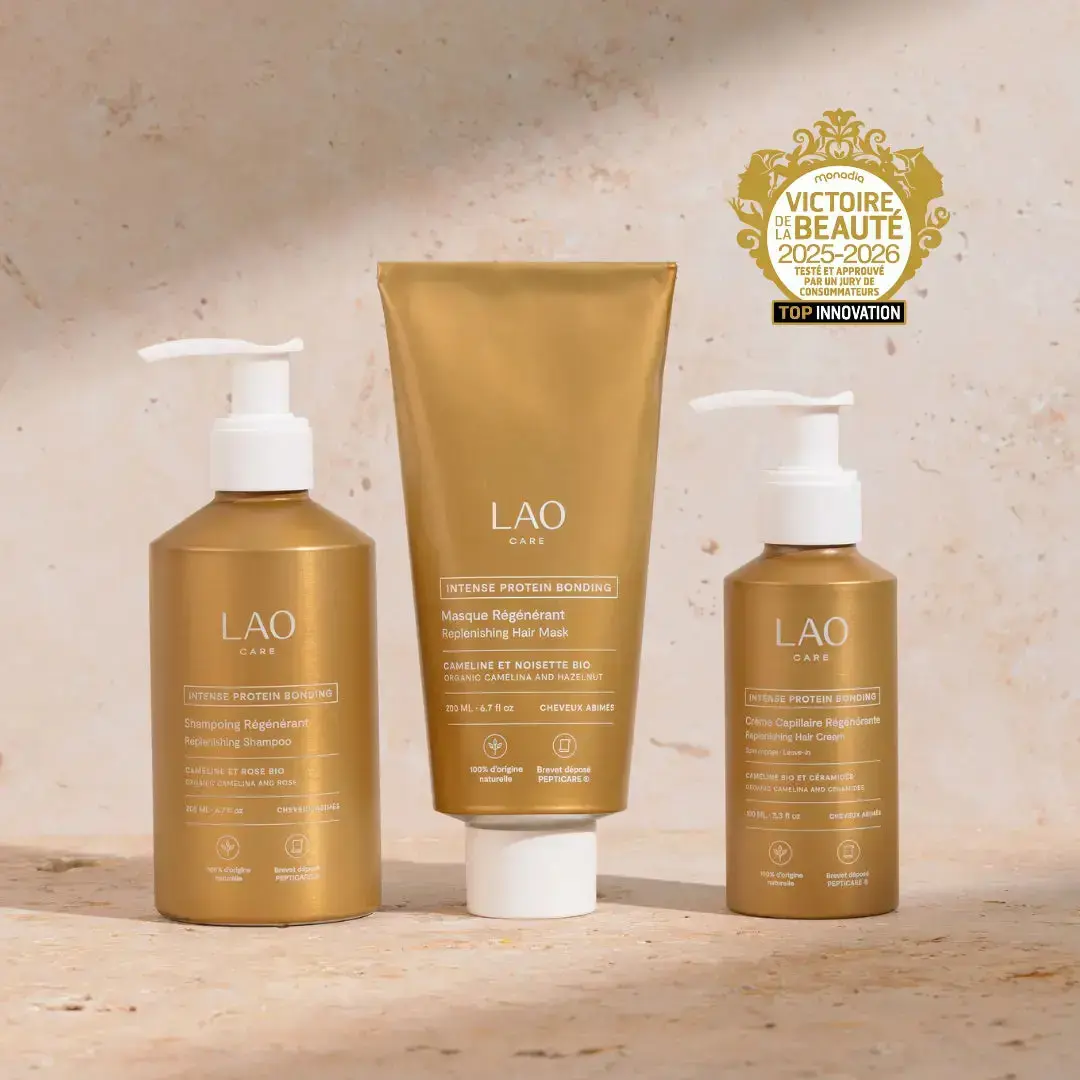
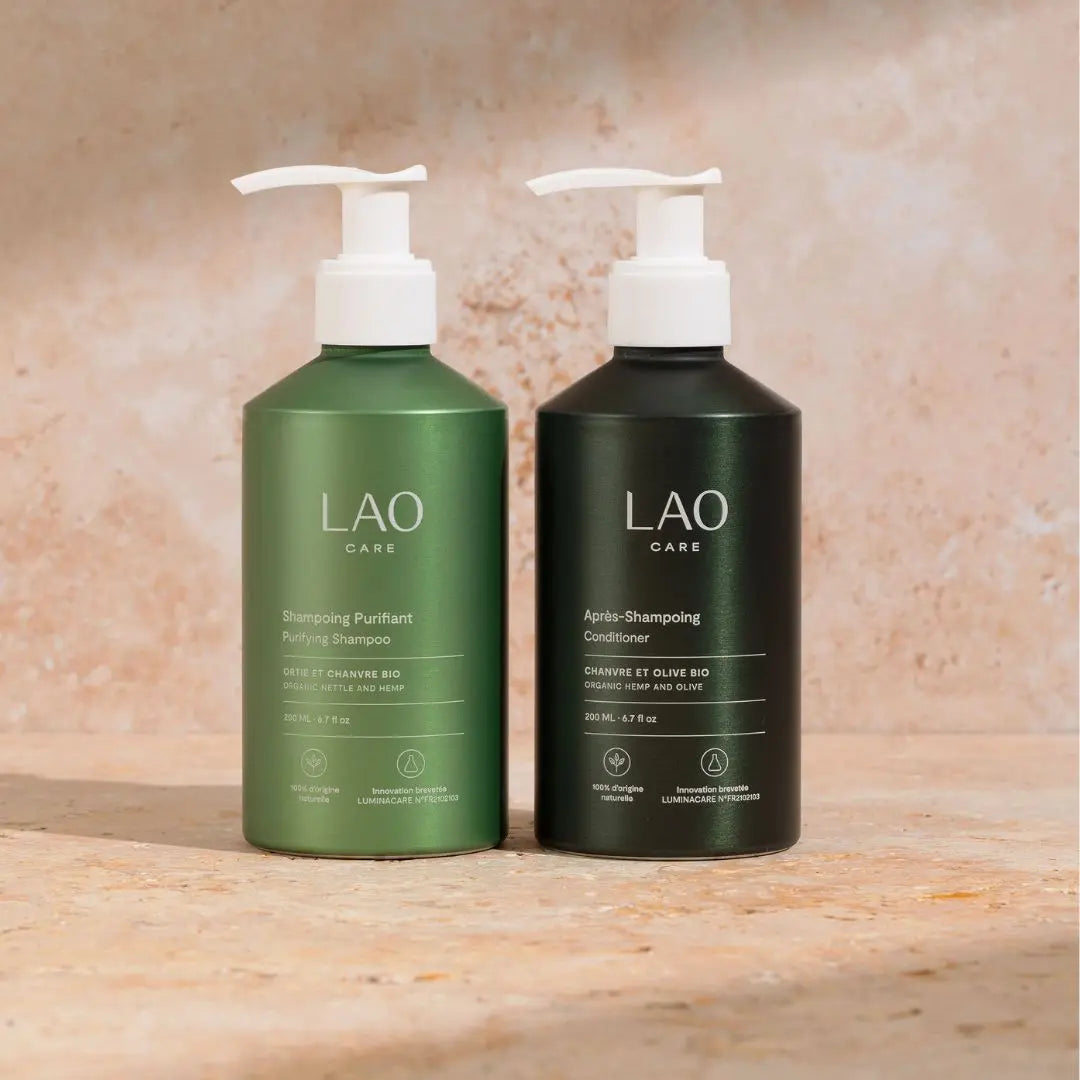
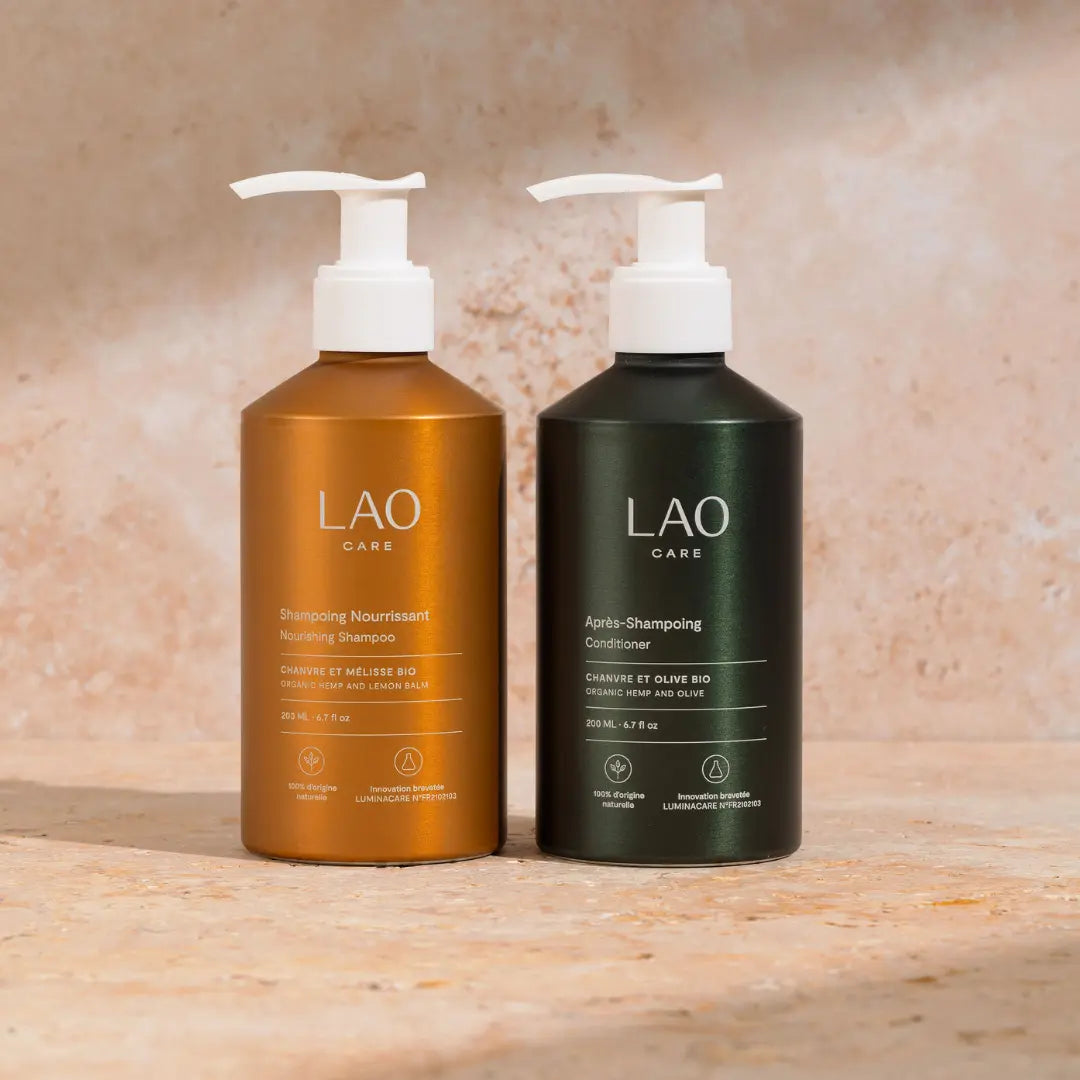
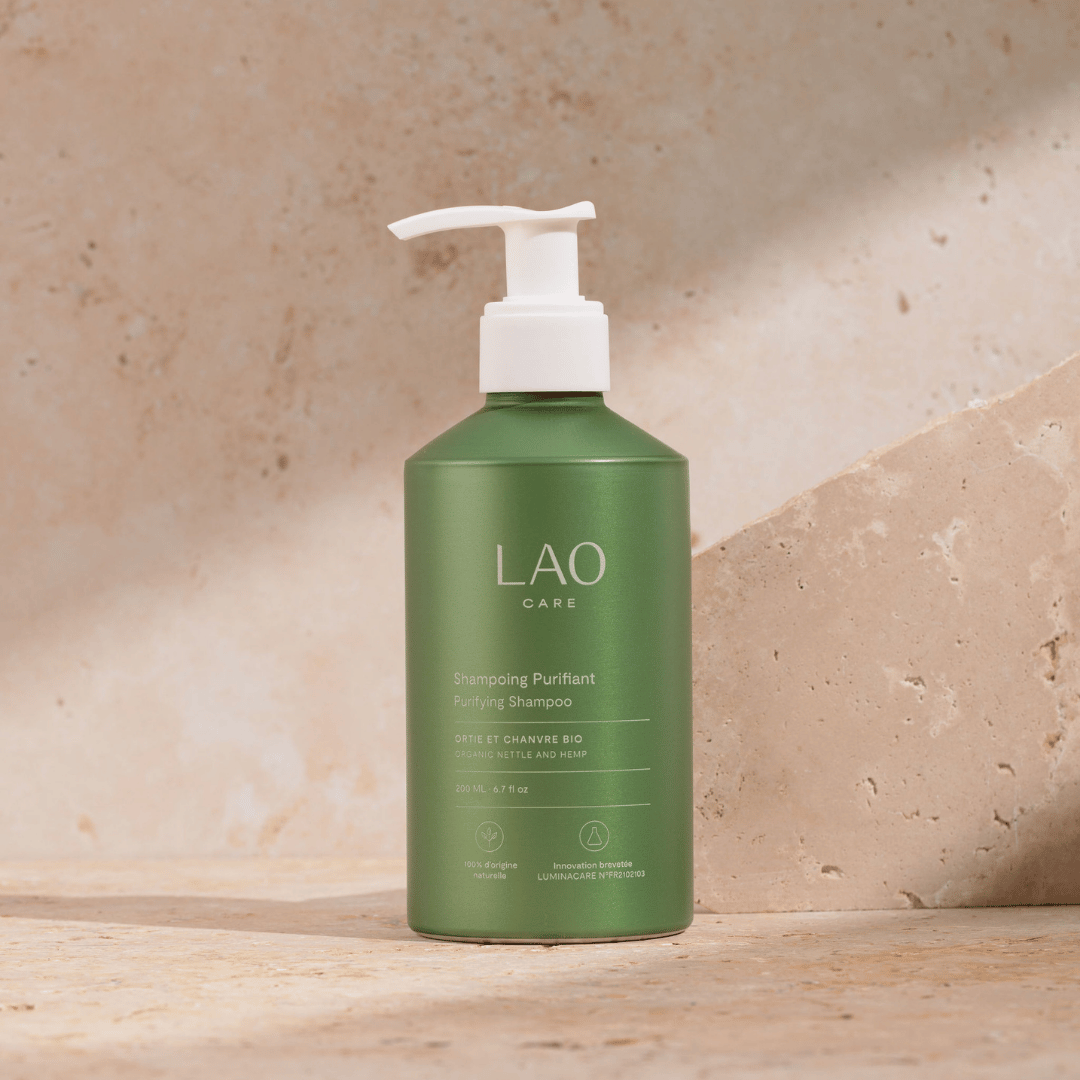
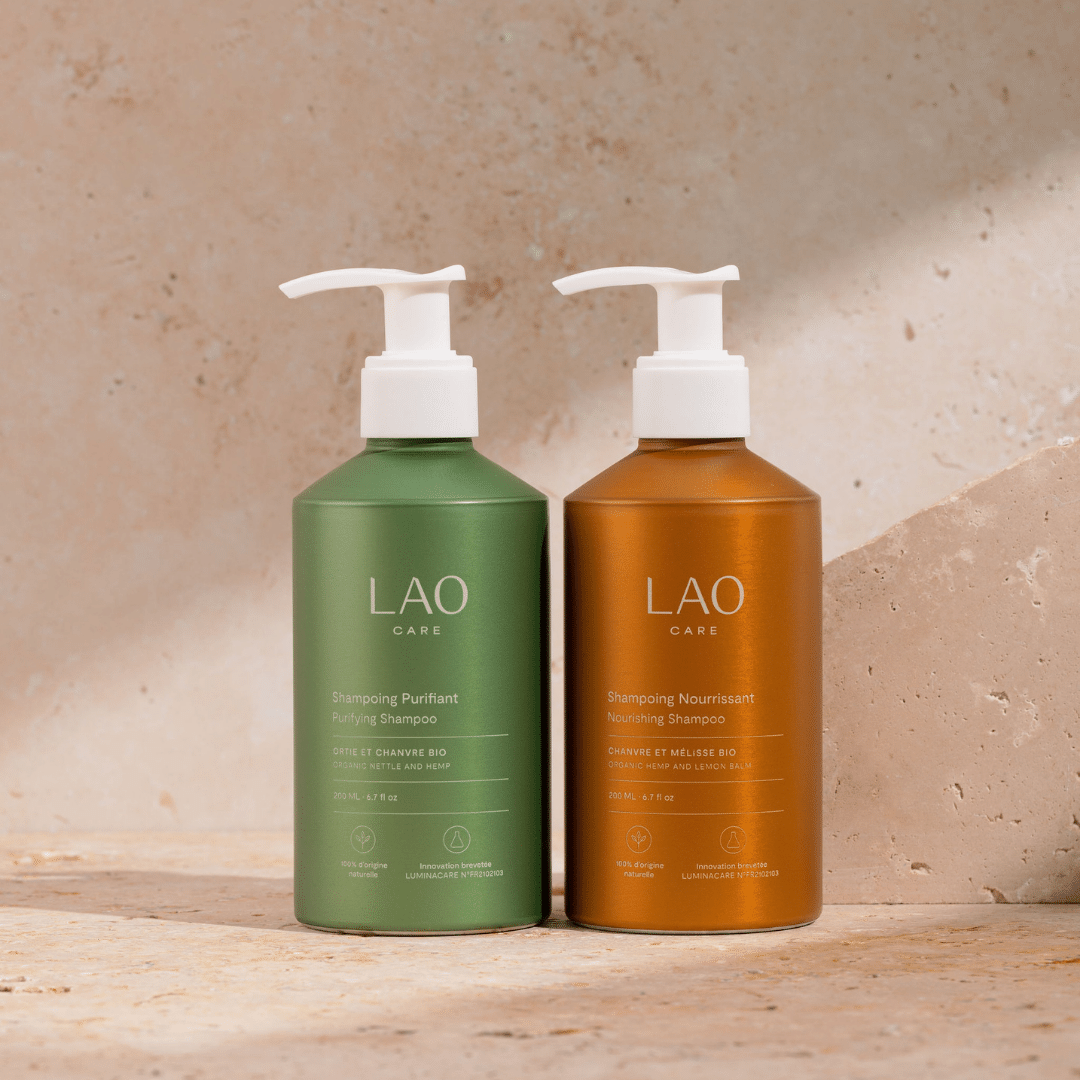
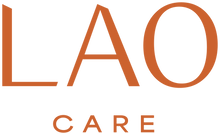

Leave a comment